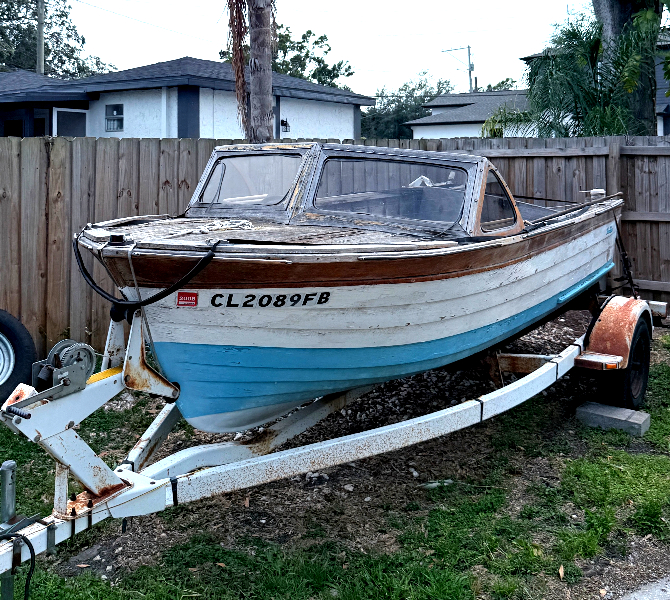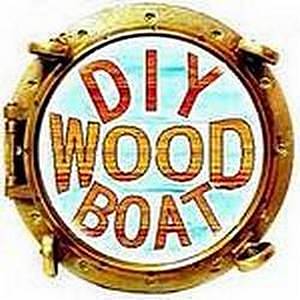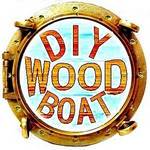- Home
- Your Boats
- Log Book
Log Book for Recreational Navigators.
There is no legal requirement for recreational boats to keep an up-to-date log book.
However, there are numerous, excellent reasons for keeping
one.
One of the problems for the weekend sailor is that most of the 'off the
shelf'
logbooks are more suitable for long distance cruising, so they are
rarely
motivated to keep their logs up to date
Reasons for keeping a log.
Although there
is no legal requirement of the small boat skipper to keep a log, should
there
ever be a problem, then a written record of your trip will be of
invaluable and
will simplify the process of providing an account of events to the
authorities
or your insurance company
Hopefully that will never be an issue for any of us.
However, where keeping a log book can be rewarding as a valuable record
of
events;
- It is also critical to safety and navigation as it encourages you to keep track of where you are and where you’re going.
- With this record, should your GPS fail, the log books will be invaluable for navigation purposes.
- Content should also include weather conditions, barometric pressure, course, speed, distance traveled and events such as anchoring or docking at a harbor or port.
- A record of previous trips can also work as a cruising guide when re-visiting an area.
- For that reason a record of places visited is almost as good as local knowledge, and could include, as well as navigation information such useful items as names and telephone numbers radio frequencies etc.
- Your own observations on landmarks, shoals, harbor entrances, etc or even such things as that excellent restraint ashore, will be useful on any return trip.
- And just the process of writing down an observation, such as the time it took to return to your home port, will help impress it on your memory for next time.
- On top of this, the log book is just a very enjoyable way to keep track of your journey.
- The log book could also include boat performance and maintenance information.
- It is also an excellent place to keep other boat data such as length, beam, draft, vertical clearance, as well as capacities for all of the onboard tanks, fuel, water etc.
- Not only will it be interesting to look back on previous passages but having that record could improve the resale value of the boat.
The design layout for your logbook.
Naigators Log Book
There are quite a number of commercially published
logbooks on sale aimed at the leisure sailor.
Unfortunately many of these are based on the formal Ship's Log type
which
requires meticulous recording of data, and they are bound and have
numbered
pages and are really more suitable for long cruises.
Very few are suitable for weekend sailors and as a result rarely get
used,
which is a shame.
Everyone’s boating is different and so why not design your own system
which is geared to your own needs and boat, and is versatile enough to
cover
the different types of sailing that you do.
This could be kept in a file folder which could also hold passage plans, pilotage plans and all your other boating information all in one place.
If you base it on the A4 format you will find something to suit you needs among the host of ring binders, plastic sleeves, etc in you local stationary store.
And using this size, as well as designing your own pages you will be able to include computer printouts of weather and tide information, there is so much available on the net it would be a shame not to be able to include it.
The only problem with the majority of printers is that the ink is not waterproof, hence the use of the plastic sleeves, they aren’t fool proof but will help.
If you want to make up some proformas to use regularly, photocopying them should overcome this.
One of the advantages of creating your own layout and design using a
ring
binder is that you can vary the style to suit you and your style of
sailing.
It can be adapted to use for a day sail, an extended cruise or even
just a day
doing maintenance.
To start with you might want to design a layout based on the
traditional type
of log book, then adapt it using your imagination to fit with your type
of
sailing.
I like to have a new page to cover the navigation for a days trip on
the right
hand side and on the left an adjustable amount of space to write notes,
some
times that might be only a couple of lines, sometimes a couple of
pages.
Some people like to add sketches and photographs.
On the navigation page I like to have a heading showing the where the
trip is
from and towards which destination.
Then space below for recording the date, time (whether in UT or local
time),
weather conditions, course (showing whether it is magnetic or true),
estimated
speed, position, and I like to include the barometer reading even if it
is only
a day sail.
For long passages you might also want somewhere to keep track of the
amount of
drinking water left in the tanks, fuel, batteries state, engine hours
etc.
And
perhaps somewhere
to note the names of crew members and
guests.
It is surprising too, how keeping records can help in problem solving. I know someone who was worried about the varying amount of water in his bilges.
Some times there would be quite a lot other times nothing.
It wasn’t until
he
started keeping a record that he was able to tie the rise in bilge
water level
to the times when he filled his fresh water tanks.
A maintenance log will also help keep track of those jobs.
When did you last grease you stern tube or check the seacocks?
All it needs is a list of
jobs
with columns next to it with space to quickly write in the date.
Remember this is your personal log book unlike a ‘Ships Log’ it
isn’t a legal document, so use it to suit you.
Use your imagination to create something you will enjoy keeping up to date.
Someday who knows it could become the latest publishing sensation
If you want a truly unique Log Book have a look at the designs by Claudia Myatt available from Starfish Books.
Electronic Log Books.
The paper log books
traditionally used by commercial ships are gradually being replaced
with
electronic logs or E log books.
Their point is to make the keeping of the log more formal.
However, this means that they are set up to rule out precisely the advantages the paper log book has for the small boat owner.









